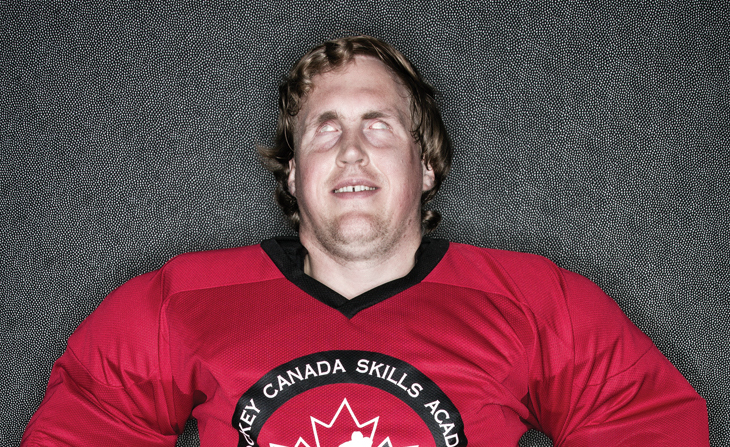Age: 33
Job Title: Assistive Technology Specialist, NorQuest College
Why He’s Top 40: He is giving post-secondary students with disabilities the tools they need to succeed while serving as an example of what they can achieve.
If could change one thing about Edmonton, what would it be?“I would change the limited work opportunities available to disabled Edmontonians. So many would make excellent, loyal, hardworking employees, but they find it difficult to get steady work because of employer prejudice, fear or misunderstanding about what those employees can or cannot do.”
Earning a university degree is hard enough; trying to earn one while coping with a disability is even harder. Lorne Webber knows this from experience.
Webber is an assistive technology specialist at NorQuest College, helping students with disabilities access tools, like computer software or specialized devices, to help them meet their education goals. When he speaks to students, he speaks from experience – Webber himself is completely blind, losing his sight to retinal detachments at the age of 16. But that didn’t stop him from completing a bachelor of arts degree majoring in psychology, with a minor in mathematical sciences, at the University of Alberta. He used some of the same implements he now helps others access.
“The tools we have now, if I would have had them when I first lost my sight, that would have been amazing,” he says.
Webber grew up in the tiny town of Wembley, Alta., just outside Grande Prairie. Losing his sight at such an advanced age had a profound effect on him.
“I had no other reference point for dealing with that type of disability,” he says. “I was a very active kid, riding my bike around and playing sports outside. Getting used to trying to do those same things as a visually impaired teenager, it took me a while to do that.”
But, thanks to sports – he recently started playing on a local blind hockey team, and has taken up dragon boat racing under the tutelage of Lonnie Homenuk and 2014 Top 40 Under 40 honoree Darwin Li – and technologies like screen readers, Braille displays and audiobooks, Webber has maintained a positive outlook on life.
